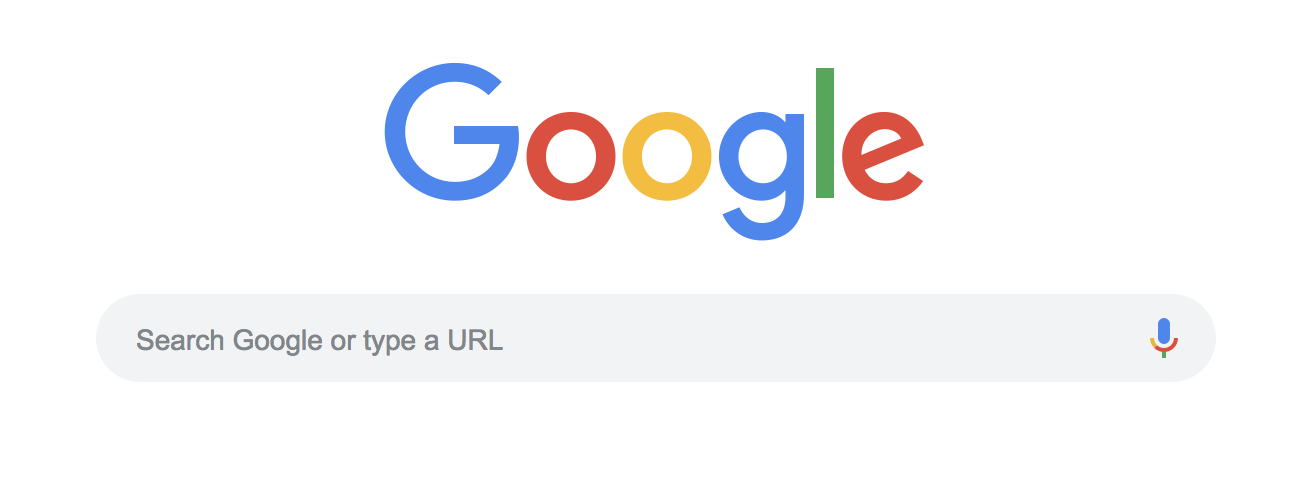How to Product Plan when Google Search Data Isn’t Enough

When you're looking for a business idea, or you're trying to validate the one you have, you’ll probably find yourself turning to Google search data. But what do you do when the product you're interested in launching is too niche to throw up adequate amounts of data?
So you want to start a business? Or maybe you need to jump-start your current company’s growth with a new product launch?
Maybe you’ve already got an idea; maybe you’re still on the lookout for that spark of inspiration. Either way, you’ll probably find yourself turning to Google search data, either to backup your thinking, or to rifle through search queries to find a niche.
This is exactly how many high-growth startups have begun their life. For example, one very successful fintech startup, armed with just an inkling that the insurance market wasn’t meeting people’s needs, analysed Google search data to see what people’s most-asked queries were.
Knowing what questions people were googling showed them what the most common needs were, and pointed them to the gaps in the market. If several thousand people are googling “exotic pet insurance,” but there are no specific providers of this, for example, they knew that they were on safe ground investing money in bringing this to market.
It led them to building their first products purely based on search volume from Google: an excellent formula for success, in a climate where 42% of startups fail due to lack of market need. So for popular categories, in which a lot of data exists on people’s search habits, this is a perfect place to check if there’s a gap for you to fill if you come up with a savvy solution.
Unfortunately, though, this can only really be achieved for more mainstream products and services. Many business ideas will simply be too niche to adequately test market demand through google search traffic. If your idea is only going to appeal to a specific—but highly interested—group of people, there won’t be huge Google search volume, but this doesn’t necessarily mean it’s a bad idea.
Take petcare, again, as an example. The graph below shows the level of search volume for two similar product ideas: connected homes, and connected pet collars.
While these products would work on similar technology, and have a similar value proposition (they will attract people who want to monitor their home, or pet, remotely), they have wildly different levels of search traffic. Connected homes are becoming a firmly established market, one that will now likely be extremely difficult to gain a foothold in especially since Amazon and Google are now keen contenders.
The pet market is huge, and since interest in connected homes is so high, it’s logical that there could be demand to apply the same trend to pets. That said, since it would be a niche market, there’s not the search volume to corroborate the profitability of this idea. When google data is flatlining, but your idea could reasonably work, what do you do?
You have a hunch, but you know it still needs to be checked out properly before you invest time, energy and money into making it a reality. The very best place to go is straight to the niche market you’ll be pitching the idea to. When the insights you can glean from Google starts to flatline, it’s time to head to a specialist tool like Attest.
With us, you can specify gender, age, region, salary bracket, or if you’re going for the Connected Pet Collar market, we can even get you in touch with dog and cat owners! You can refine your audience even further with qualifying questions.
You’ll be able to test your idea through our surveys, and ask them whether they would be interested in buying it, and why. You can quiz them on how much they’d be willing to pay; how they’d want to see it advertised; and what product features would be particularly important to them. You could even ask them what they would type to search for it online!
It’s the perfect way to assess if your idea will find real need when you bring it to market, and to craft a business model that incorporates prices and strategies that consumers have already signed off on.
Get in touch with us today if you’re in the market for conquering a niche, and let us get you started!
Tell us what you think of this article by leaving a comment on LinkedIn.
Or share it on:
